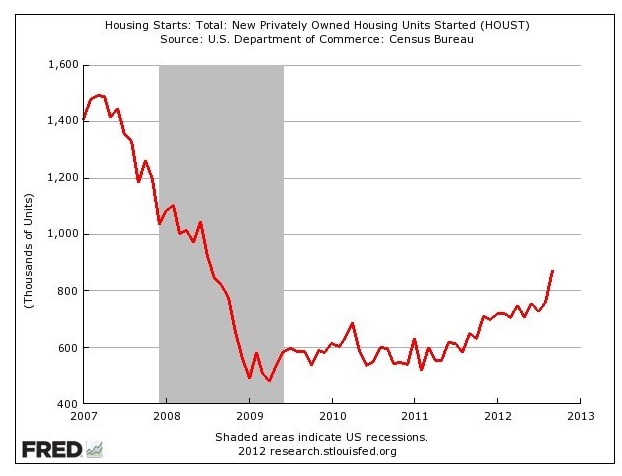By: Gerry Sparrow
Stocks notched a solid gain last week as rate-cut expectations paced the rally as the Q1 earnings season wound down.
Stocks Climb Steadily
Monday opened with stocks picking up where they left off the prior Friday. Stocks were still basking in the afterglow of fresh jobs data, which eased investor concerns of an overheating economy. That and reports of a possible Middle East ceasefire fueled Monday’s rally.1
Stocks hung out in a narrow trading band Tuesday and Wednesday, yawning at the sparse economic news and a handful of negative earnings results. By contrast, the Nasdaq edged lower over those two days.2,3
On Thursday, the S&P 500 closed above 5,200 for the first time since early April. The next day, stocks rallied, and the Dow clinched its eighth consecutive day of gains, the longest winning streak since December and its best weekly performance this year. Fresh data showed consumers continue to have inflation concerns for the year ahead, which was unsettling.4,5
Jobs Market Shows a “Goldilocks” Outlook
Jobs data from the past few months have shown unemployment levels remain low while job growth stays strong—but not too hot.
And last week’s Conference Board’s employment trends index for April projected slower jobs growth in the second half. The markets all year have responded well when the “Goldilocks” outlook suggests that economic indicators are “just right.”6
PHOTO CREDIT: https://www.shutterstock.com/g/chanawut13
Via SHUTTERSTOCK
Footnotes and Sources
1. The Wall Street Journal, May 10, 2024
2. The Wall Street Journal, May 7, 2024
3. The Wall Street Journal, May 8, 2024
4. CNBC.com, May 9, 2024
5. The Wall Street Journal, May 10, 2024
6. The Wall Street Journal, May 10, 2024
Disclosure:
Investing involves risks, and investment decisions should be based on your own goals, time horizon, and tolerance for risk. The return and principal value of investments will fluctuate as market conditions change. When sold, investments may be worth more or less than their original cost.
The forecasts or forward-looking statements are based on assumptions, may not materialize, and are subject to revision without notice.
The market indexes discussed are unmanaged, and generally, considered representative of their respective markets. Index performance is not indicative of the past performance of a particular investment. Indexes do not incur management fees, costs, and expenses. Individuals cannot directly invest in unmanaged indexes. Past performance does not guarantee future results.
The Dow Jones Industrial Average is an unmanaged index that is generally considered representative of large-capitalization companies on the U.S. stock market. Nasdaq Composite is an index of the common stocks and similar securities listed on the NASDAQ stock market and is considered a broad indicator of the performance of technology and growth companies. The MSCI EAFE Index was created by Morgan Stanley Capital International (MSCI) and serves as a benchmark of the performance of major international equity markets, as represented by 21 major MSCI indexes from Europe, Australia, and Southeast Asia. The S&P 500 Composite Index is an unmanaged group of securities that are considered to be representative of the stock market in general.
U.S. Treasury Notes are guaranteed by the federal government as to the timely payment of principal and interest. However, if you sell a Treasury Note prior to maturity, it may be worth more or less than the original price paid. Fixed income investments are subject to various risks including changes in interest rates, credit quality, inflation risk, market valuations, prepayments, corporate events, tax ramifications and other factors.
International investments carry additional risks, which include differences in financial reporting standards, currency exchange rates, political risks unique to a specific country, foreign taxes and regulations, and the potential for illiquid markets. These factors may result in greater share price volatility.
Please consult your financial professional for additional information.
This content is developed from sources believed to be providing accurate information. The information in this material is not intended as tax or legal advice. Please consult legal or tax professionals for specific information regarding your individual situation. This material was developed and produced by FMG Suite to provide information on a topic that may be of interest. FMG is not affiliated with the named representative, financial professional, Registered Investment Advisor, Broker-Dealer, nor state- or SEC-registered investment




